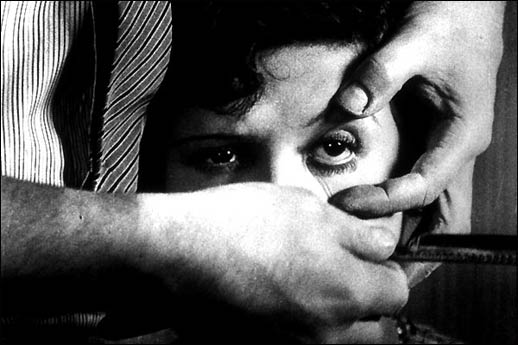
The Reel Deal by Patricia Furnish
Review: Dallas Buyers Club
Dec. 24, 2013Dallas Buyers Club is grounded in the American western tradition, with a protagonist who is part outlaw, part righteous avenger.
The director, Jean-Marc Vallée, dramatizes the real-life man, Ron Woodroof, who was an electrician and rodeo enthusiast. His calamitous diagnosis of HIV infection in 1985 initiates his journey around world to obtain treatment. But, he also knows a business opportunity when he sees one.
Matthew McConaughey stars as Woodroof, and Jared Leto is his transgender foil named Rayon. Both actors’ staggering performances remind us that inspired acting and well-crafted characters matter the most.
The film’s protagonist lived in Texas during the heady days of economic boom and wildcat heterosexual indulgence. The loss of that freedom fuels Woodroof’s anger when he receives his diagnosis.
Like many people of the time, he mistakenly believed that only homosexuals contracted HIV/AIDS. McConaughey’s Woodroof and Leto’s Rayon serve as the yin and yang of the AIDS crisis, the two faces of the truth.
The film’s narrative shapes Woodroof as a man with few redeeming qualities. The racist, homophobic swindler is unsympathetic. His redemption makes him a palatable, and later, an ennobled character.
Viewers can find comfort in the platitude that, when people who are prejudiced encounter prejudice firsthand, they change into more tolerant people. A fantasy of character development is more reassuring than real.
In an interview about the film, Matthew McConaughey spoke to the truth of Woodroof the man when he described Ron as a businessman first, someone looking for the profit angle while he buys the drugs to stay alive.
McConaughey explained that one of the reasons he was able to construct such a flesh-and-bone character is that Woodroof’s family gave him access to a vast family archive, which included Ron’s personal journals. According to McConaughey’s interpretation of Woodroof, entrepreneurship and self-preservation mattered most.
The character reaches his lowest point not when his doctor says he has thirty days to live, but when his friends find out he is HIV-positive and ostracize him, when he cannot go to his local bar and hang out, when he loses his home and job, and when he is publicly shamed as a “faggot.”
The recurrent metaphor of the film is the handshake. Characters make friendly introductions and seal financial deals with this gesture. The acceptance or rejection of a handshake highlights the unwillingness of the general population to respond with kindness to the gay and straight communities affected by HIV/AIDS.
Remember when the taboo of touching people with HIV/AIDS was effectively broken when Princess Diana appeared at the opening of Middlesex Hospital’s AIDS ward in London, and she shook the hands of people with the disease? The year? 1987.
The 1980s were the times of treating people with HIV/AIDS as “untouchables” or lepers. They experienced shame, isolation and invisibility. The film’s Canadian director imbued Dallas Buyers Club with this sensibility. The U.S. public was misinformed and guided by superstition and prejudice, as if we lived in the Middle Ages during the ravages of the plague.
Dallas Buyers Club also reveals something we pre-Internet folks have known for years: As hard as it is to believe, once it was possible to conduct research without Google or Wikipedia. Ron Woodroof informed himself, and his journey across national borders demonstrates that people without the benefit of the Internet or “smart” phones were able to access scientific research.
Ron Woodroof learned how ill-informed he was, and he began to circumvent the FDA’s ban on certain drugs and vitamins. Adam Smith might call his business model rational self-interest in a not-so-free market economy.
The cinematic Ron’s labors benefitted others, and his compassion grew in time, but the true story does not offer such “personal growth” comforts.
Dallas Buyers Club introduces audiences to the anti-hero for our times: the man who is the living indictment of the failures of the health care system and the Food and Drug Administration, specifically.
To read the original article on Ron Woodroof and the Dallas Buyers Club that appeared in Dallas Life Magazine in 1992, go to http://www.buyersclubdallas.com
